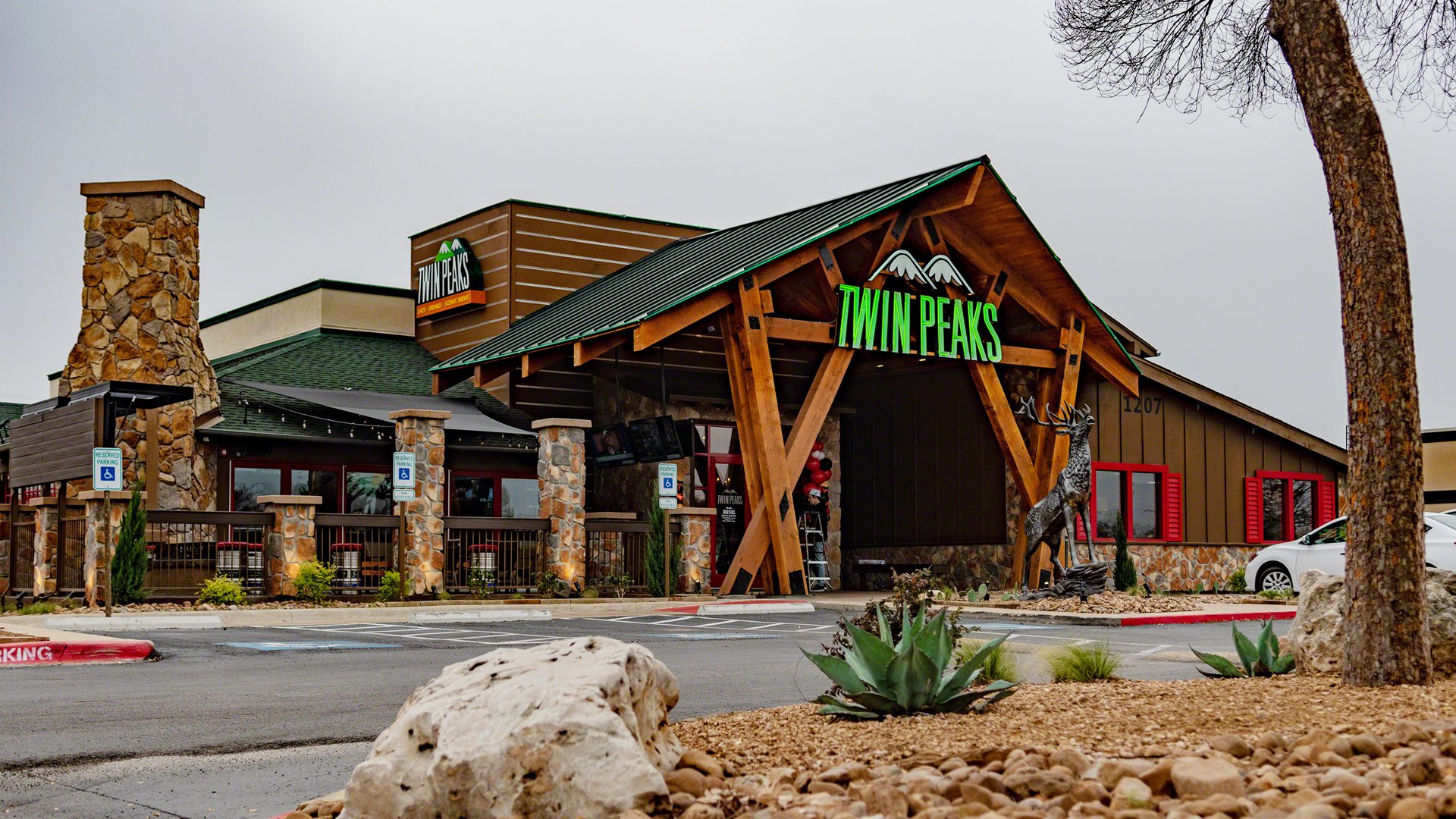For some, opening a franchise might look like an easy path to guaranteed success. For others, there’s a fear that your business won’t be yours at all, but instead a cog in the corporate machine.
The truth is that restaurant franchising is an exciting journey with real potential for hungry entrepreneurs.
Before embarking on your franchise journey, or dismissing the possibility altogether, it’s important to clear any misconceptions and truly understand what it means to own a franchise.
Here’s the truth behind some of the top myths in restaurant franchising.
Myth #1: Franchises Are Just for Fast Food
While it’s true that many iconic fast food brands operate under a franchise model, the franchise landscape is increasingly diverse.
Casual and fine dining, sports bars, and themed restaurants have become more desirable franchise concepts due to crowded markets and changing consumer preferences.
Aspiring restaurateurs exploring franchising opportunities have the flexibility to choose a concept that aligns with their passion, expertise, and local market.
Myth 2: Fast Food Franchises Are More Profitable
Fast food franchises may enjoy streamlined operations, but profitability isn’t solely determined by speed of service.
Full-service and specialty dining franchises can be even more lucrative, offering unique experiences, alcohol, and premium menus that cater to a different market.
Profitability in the restaurant industry depends on several factors, including franchise site location, effective management, and quality of service. Every franchise restaurant category has a different dynamic, and success lies in aligning the concept with the local market’s preferences and demands.
Myth #3: Franchises Practically Run Themselves
As nice as it sounds to sit back and let your franchise run itself, it’s no roadmap to success.
Franchising isn’t for those looking to be silent partners while reeling in returns. It demands active involvement from franchisees in areas like local marketing, customer service, and staff management. But the returns can make it worth your while.
Understanding the shared responsibility and being prepared for hands-on involvement is crucial for prospective franchisees to thrive in the competitive restaurant industry.
Myth #4: Franchising Requires Relevant Business Experience
While having a business background can be advantageous, many successful franchise owners have zero previous experience.
Franchise systems provide comprehensive training programs that cover all aspects of running the business, from operations to marketing. In fact, Twin Peaks runs an initial 9-week training program in Dallas, as well as on-site training before and after opening a lodge.
Aspiring entrepreneurs can confidently consider franchising as a viable path to business ownership, regardless of their previous industry experience.
Myth #5: I’ll Get No Support from Corporate
In reality, a robust support system is a hallmark of successful franchising. Franchisors are deeply invested in the success of their franchisees because it directly contributes to the overall success of the brand.
Corporate support includes training, ongoing operational guidance, marketing assistance, and access to established supply chains.
Myth #6: Franchise Owners Have No Say
Successful franchises operate with a collaborative approach, involving franchise owners in important decisions that impact the brand. Franchise advisory councils or committees are established to provide a platform for franchisees to express their opinions, share insights, and contribute to the evolution of the brand.
While there are standard operational guidelines to maintain consistency across the brand, franchisors understand the importance of fostering a sense of ownership among franchisees, encouraging them to actively participate in the growth and development of the franchise.
Myth #7: Corporate Only Cares About Fees, Not My Franchise
Franchisors benefit when their franchisees thrive, so it’s in their best interest to provide the necessary resources and support to help each franchise reach its full potential.
A sustainable and profitable franchise system relies on the mutual success of both corporate AND franchise owners.
Myth #8: Franchisees Don’t Actually Own Anything
Franchisees do in fact own their establishments and operate them as independent businesses.
Beyond brand standards and operational guidelines to maintain consistency across locations, franchisees have a significant level of autonomy in managing their day-to-day operations. This balance between ownership and the support of an established brand is one of the key advantages of franchising. It allows entrepreneurs to benefit from an established business model, brand recognition, and corporate support while still exercising a considerable degree of control and ownership over their business.
Myth #9: Franchising Is Easy
Joining a franchise provides a proven business model and established brand, but it doesn’t guarantee automatic success.
Running any business, including a franchise, requires dedication, hard work, and the ability to navigate challenges. Franchisees must still address issues like local competition, market fluctuations, and changing consumer preferences.
It’s essential for aspiring franchisees to approach franchising with a realistic understanding of the effort and dedication required to help their business thrive.
Wrapping It Up
Navigating the landscape of restaurant franchising starts with a clear understanding of the facts. Whether you’re a seasoned business owner or a newcomer to the industry, recognizing the realities of franchising is crucial for success.
At Twin Peaks, we go to great lengths to educate potential franchisees and build meaningful relationships with all our restaurant owners. Check out our franchise process to learn more about how we work together before breaking ground.
If you’re interested in opening a Twin Peaks lodge of your own, fill out our Inquiry Form and our team will reach out to discuss the possibility of joining the Twin Peaks family.

